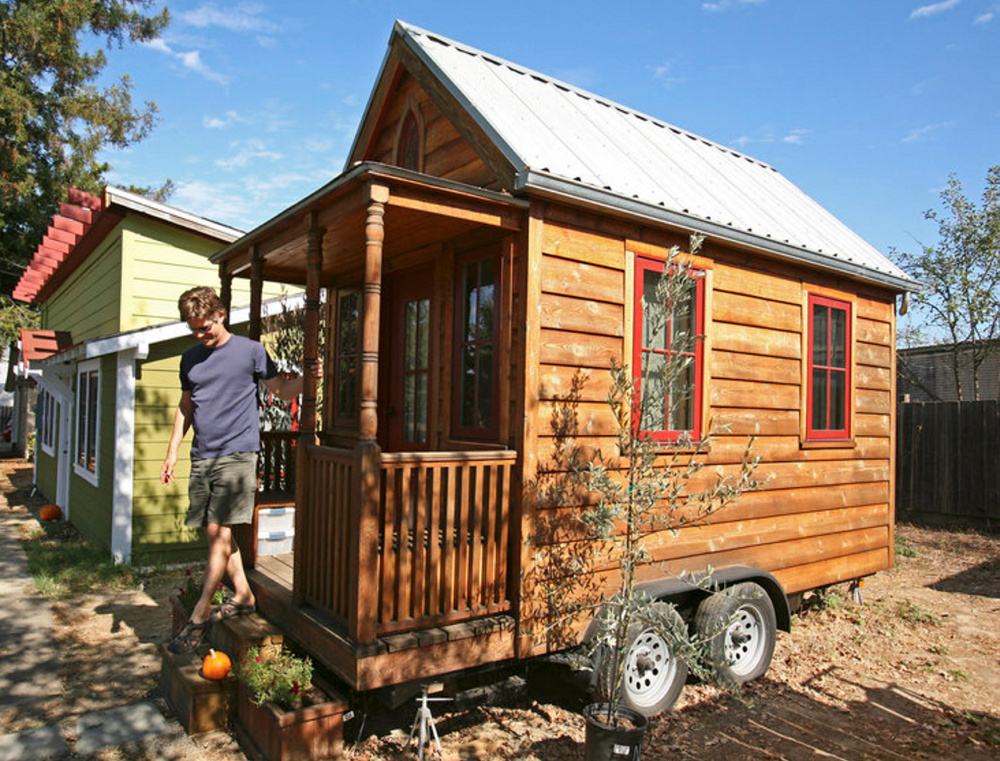
The cost of keeping Montana’s prison system from rupturing is moving into prime time at the Montana Legislature, with a price tag nearing half a billion dollars. Today, Montana has 600 — or roughly 20% — of its 2,900 male inmates in out-of-state prisons owned by CoreCivic, the private prison operator that’s become the state’s reservoir for its overflowing prisons in recent years. And this week, the House of Representatives will consider tripling its original payout to the company to $24 million as part of , the state’s budget over the next two years.
That increase represents Montana’s increased use of CoreCivic beds since the 2023 session, climbing from 120 to 600 inmates now living in out-of-state prisons. When the Legislature split from the Capitol in 2023, CoreCivic’s deal with the state was set to be about $8 million. But by the time the first 120 Montana inmates arrived at the Eloy, Arizona, prison later that year, the backlog of state inmates in county jails was pushing new watermarks.

Twice since the last Legislature, the state expanded its contract, and now the rent is due. "This is a bill that has to be paid," Rep. Fiona Nave, Republican chair of the public safety budget subcommittee, said during an appropriations hearing last week.
"Regardless of how we feel about out-of-state secure placements, that’s what we have to do right now. We really don’t have any choice and these people are sitting out of state right now. We need to do this.
" Lawmakers have teed up at least $450 million this session for infrastructure and capital projects at the Department of Corrections, including $150 million for new prison beds, $250 million for a "future corrections" account that may someday pay for a new women's prison, and more than $45 million for CoreCivic, which funds the cost of expanding the state's contract over the last year and the agreement through the next biennium. In December, the state signed a new contract with the company with no cap on contracted beds, so CoreCivic's deal with Montana can include as many inmates as the state is willing to pay for. The spending package on prison expansion, including out-of-state beds, and infrastructure repairs in Montana is largely a Republican-driven response to rampant crime and violence in the state's largest city and overcrowding in state facilities.
Democrats who generally oppose the out-of-state prisoner transfers have little ammunition to fire back in debates when the alternative is bringing those inmates back to county jails that are likewise bursting at the seams. Rep. Eric Matthews, D-Bozeman, literally held his nose while voting for the out-of-state prison beds when the bill was being done up in committee last week.
"I understand the big picture here," Matthews said during the hearing. "I just would hope we can find a way to start taking better care of Montanans through this process overall; keep them closer to families, all of the things that I think we can do with the criminal justice system to promote what we have and stop sending Montanans out of state." Rep.
John Fitzpatrick, the Anaconda Republican who has been central to the prison expansion efforts, said it’s unlikely to be a long-term plan for Montana. "Shipping inmates out of state is something that’s very undependable," he said during the hearing. "You may get a contract for a year or two but you have no guarantee you can get those placements over a long period of time.
" The in-state, long-term plan is still working its way through the Legislature, mostly in , legislation that carries the state’s infrastructure repairs and capital projects. That bill includes roughly $150 million for expanding the number of beds at the Montana State Prison in Deer Lodge, building on a project lawmakers greenlighted in 2023 but which has yet to break ground. If approved, the combination could net 500 new prison beds in Montana.
If you've run out of fingers to count on, that’s still fewer than the 600 inmates currently being housed out of state, not to mention the hundreds of convicted inmates backed up in county jails, waiting for a bed in a state facility. Still, the women's prison has presented a trickier knot to untie for lawmakers who spent the last two years examining issues with Montana's prison capacity. The state corrections department projected last year it would need to double its bed count in the next five years in order to meet the growing number of women being sent to prison.
Montana Department of Corrections Director Brian Gootkin noted last week the Legislature has, so far, warmed to the idea of 500 new beds for male inmates but put forward zero options to expand the capacity for incarcerated women. Montana prison officials have done at least one public meeting — including one in Butte — to discuss new sites for a possible women's facility, although any plan is too far out to meet this Legislature's timetable. With , Fitzpatrick proposes a $250 million "savings" account to prepare for the day Montana selects a location for a new women's prison, with a portion to be used to retrofit the Riverside Special Needs Unit, another DOC facility in Boulder, to house women in the short-term.
The Boulder facility's current inmate population, about 26 geriatric inmates, would be transferred to Montana State Prison, where part of HB 833's funding would be spent on modular housing that could meet their needs for care. Fitzpatrick said the Riverside Special Needs Unit could be converted to house roughly 80 female inmates, opening up Montana Women's Prison in Billings to accept more women who are in jails waiting for a prison bed. "Unlike the men, we do not have the option of sending them out of state," Fitzpatrick said last week during his bill hearing.
"It's a prudent way of approaching this thing. We are not quite at the state yet where we're ready to go pick a site and start construction, but we do think we need to put the money aside now because in all honesty, in two years, we may not have it." Heather O'Loughlin, with the Montana Budget and Policy Center, testified against the bill due to its high cost from the general fund.
She also raised opportunities alongside the state’s behavioral health projects that could divert people away from criminal behavior in the long term. "We have some concerns about the overall cost of this," she said. "We also think there are other upstream ways we can make investments to lower the overall incarcerated population.
".















